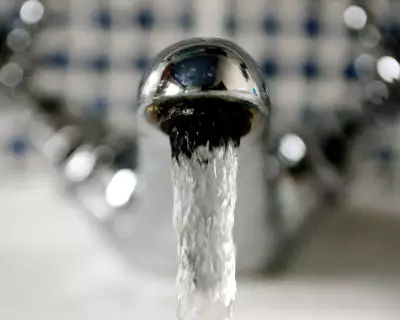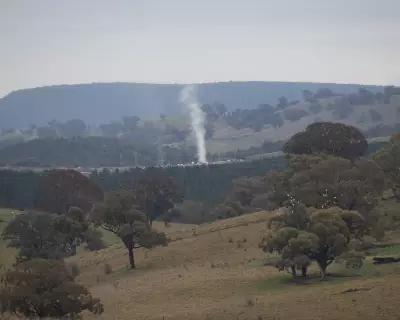
A bold and controversial plan to pump water from the Great Barrier Reef to drought-ravaged regions of western Queensland has erupted into a major political and environmental battleground, drawing fierce opposition from conservation groups and traditional owners.
The Ambitious Pipeline Proposal
The proposed mega-project would see the construction of a 500km pipeline capable of transporting up to 30 gigalitres of water annually from the reef catchment to the parched Channel Country. Proponents argue this represents a critical solution to the severe drought conditions crippling agricultural communities across the state's interior.
Environmental Warnings Sound Alarm
Conservationists have raised urgent concerns about the potential ecological catastrophe facing the World Heritage-listed reef. Experts warn that diverting such massive volumes of water could dramatically alter salinity levels and nutrient flows, potentially accelerating coral bleaching events and disrupting the delicate marine ecosystem.
Traditional Owners Voice Opposition
Indigenous groups, including the Woppaburra people, have expressed profound cultural and spiritual concerns about the project. "The reef isn't just a resource to be tapped—it's our living cultural heritage," stated one community representative, highlighting the deep connection between traditional owners and the marine environment.
Political Storm Intensifies
The debate has split political lines, with the Queensland government facing mounting pressure from both sides. While rural MPs champion the project as essential for regional survival, urban representatives and environmental ministers are pushing for alternative water solutions that don't jeopardise the reef's fragile health.
Economic Implications Weighed
Beyond environmental concerns, economists question the project's staggering estimated cost of AU$2.5 billion. Critics argue the funds would be better invested in sustainable alternatives like large-scale water recycling, improved irrigation efficiency, and enhanced drought-resistant farming practices.
As the debate intensifies, all eyes remain on the Queensland government's next move in this high-stakes battle between environmental preservation and regional water security.





